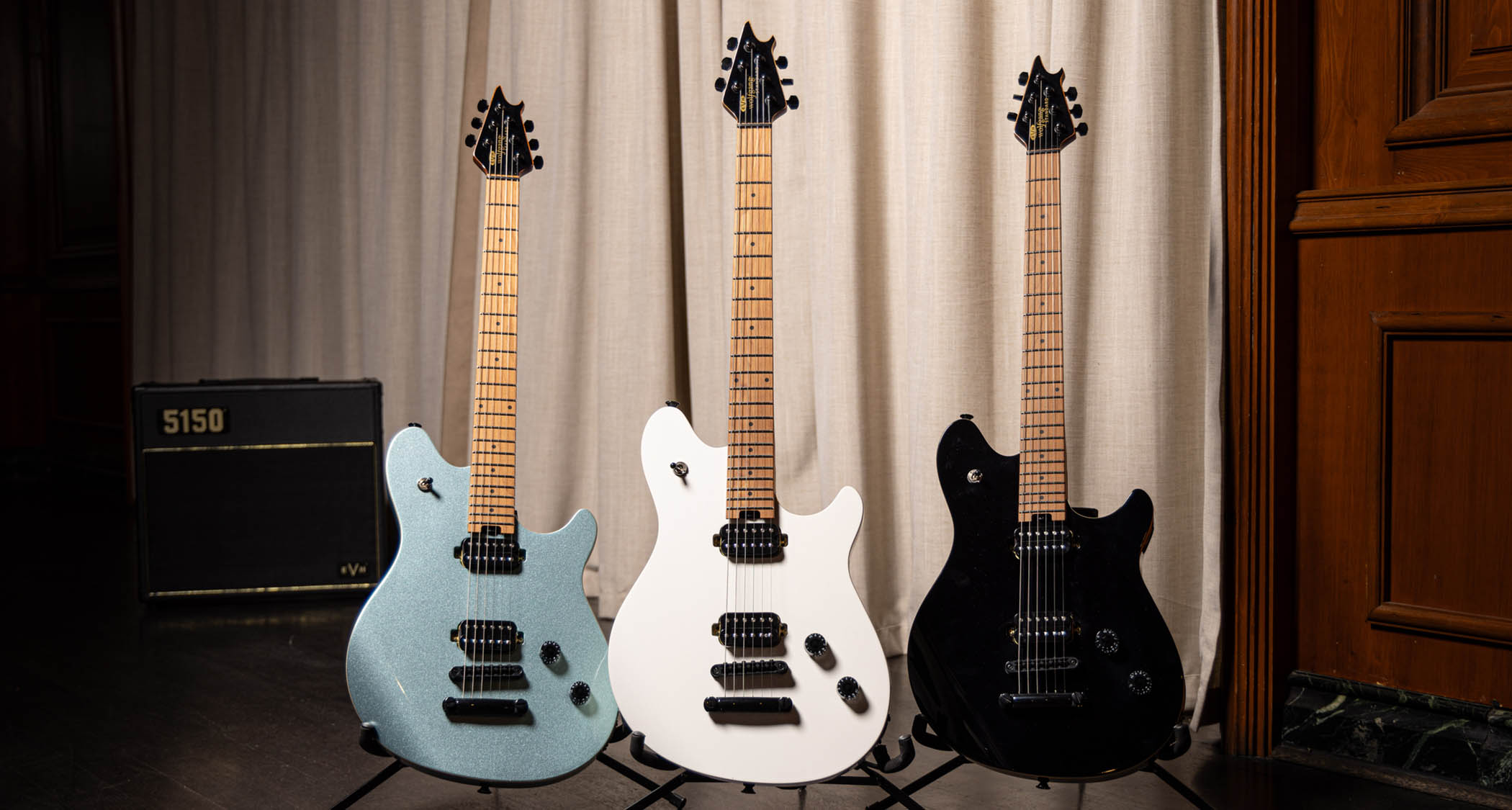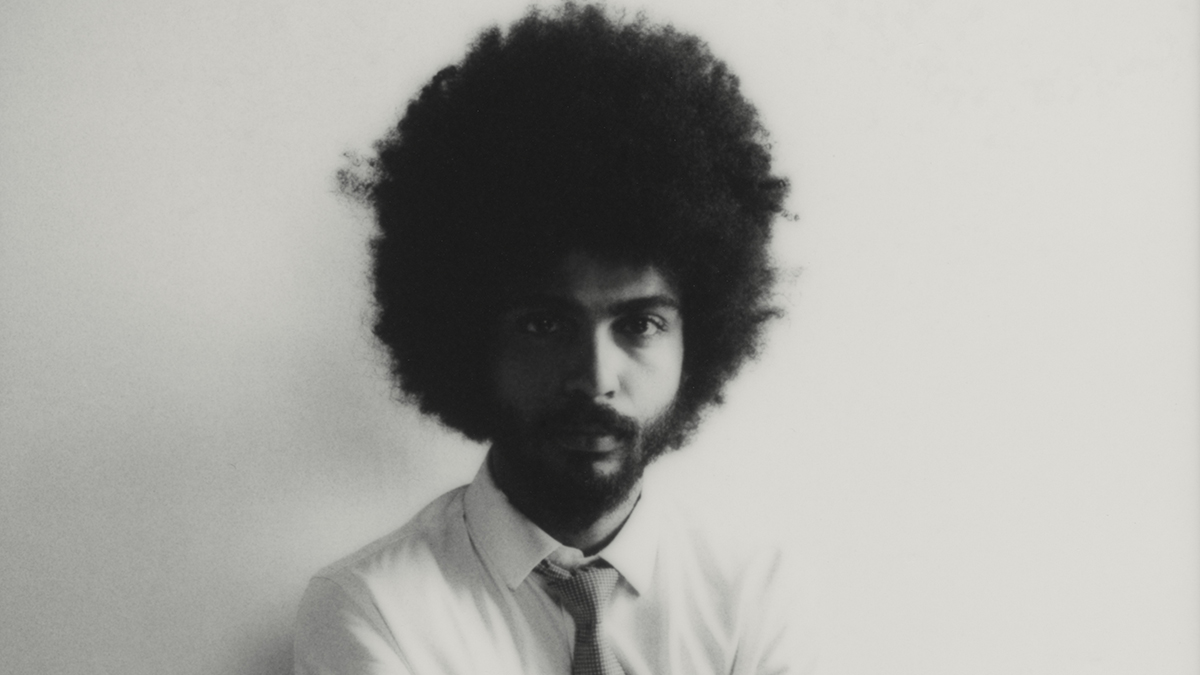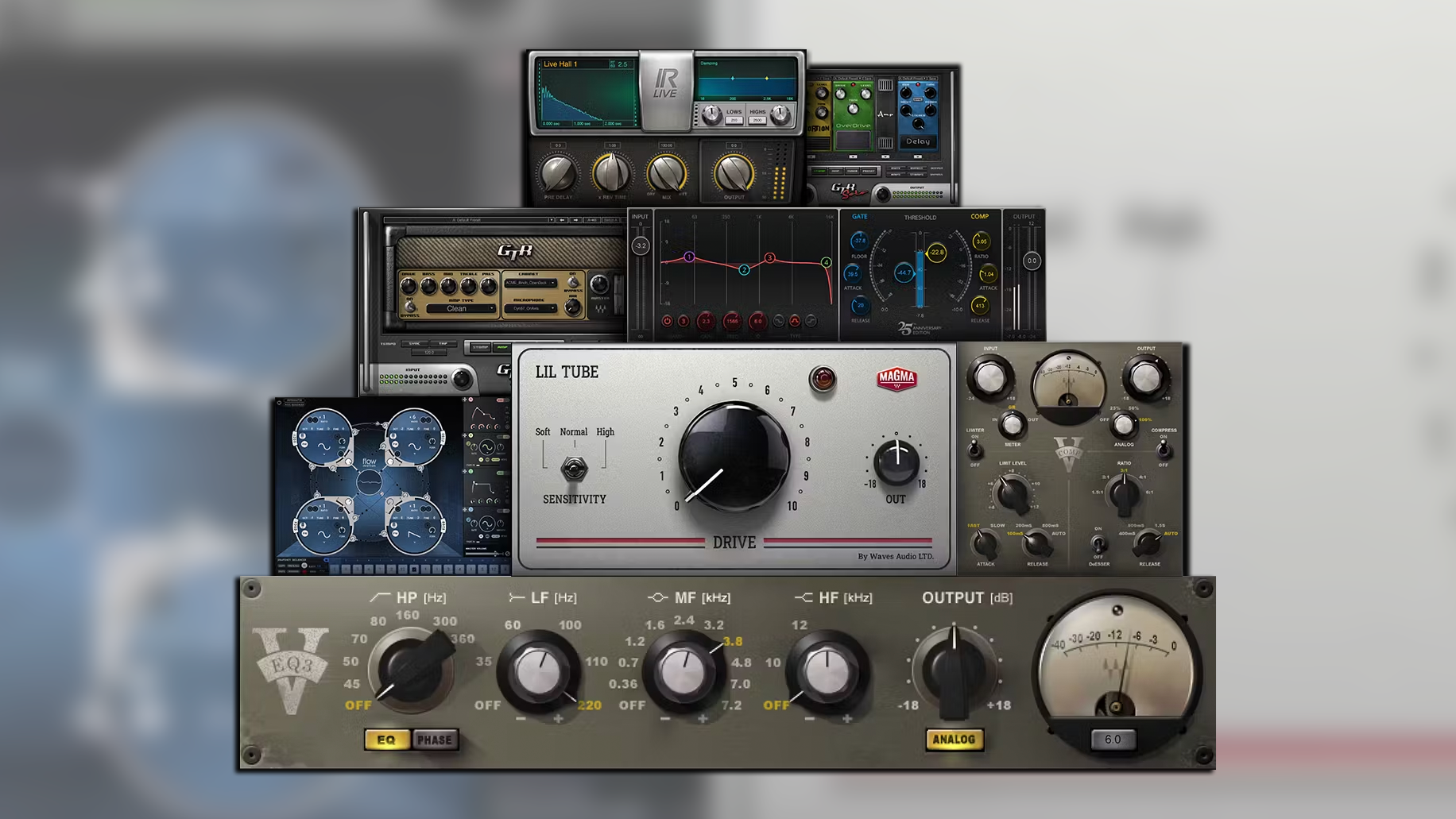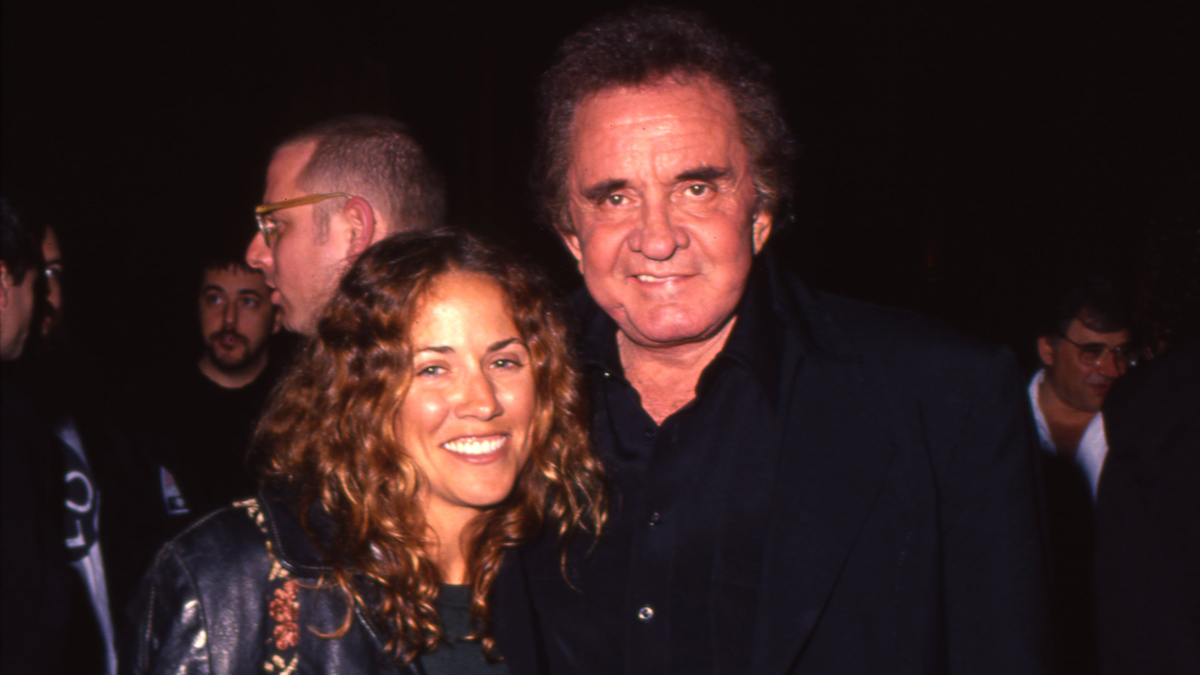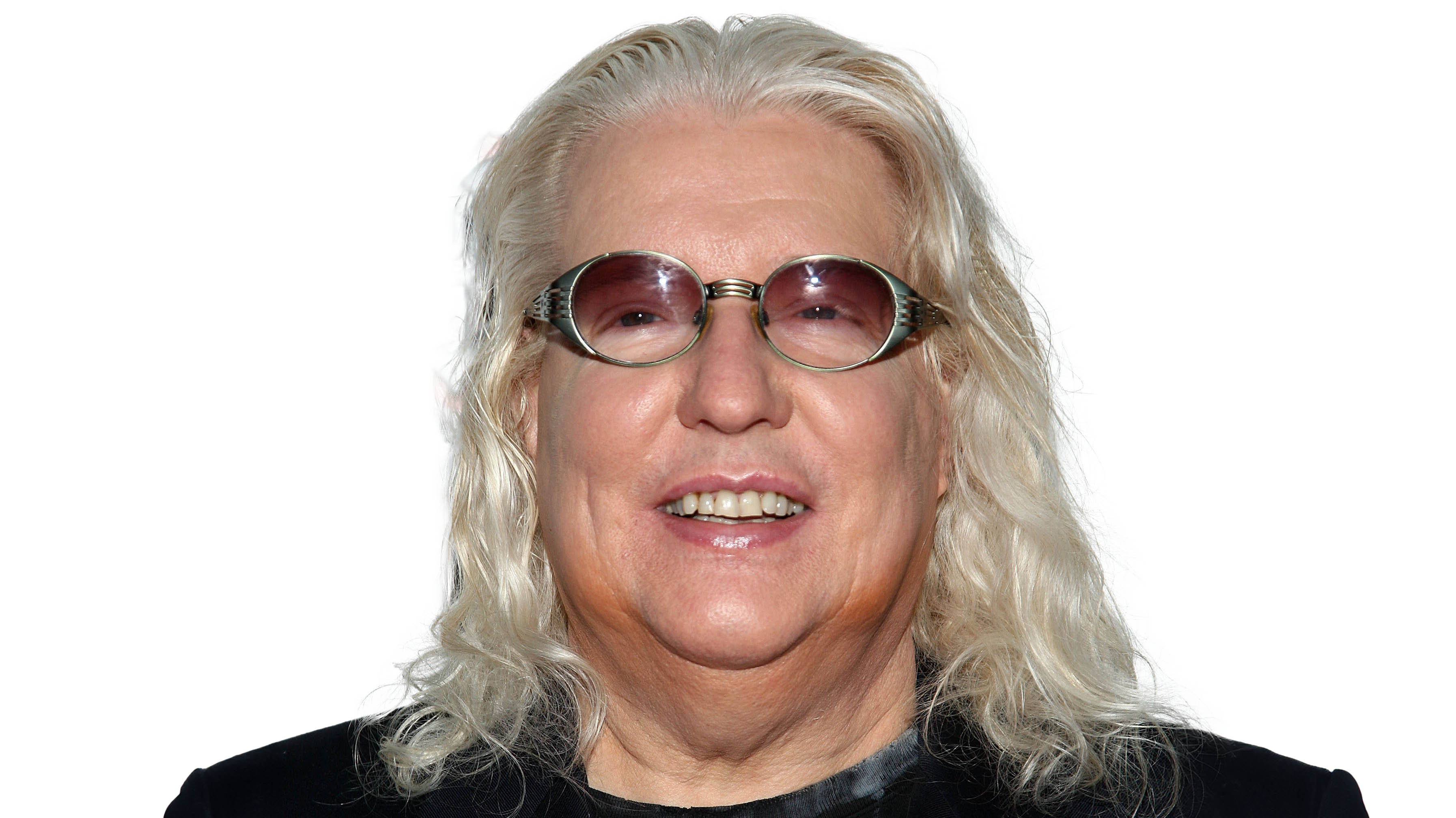NAMM 2025: Behringer's BX1 synth might well be the biggest surprise of the show, but it's not the on-the-nose Yamaha clone you might have been expecting
The biggest surprise is how much it adds to the original
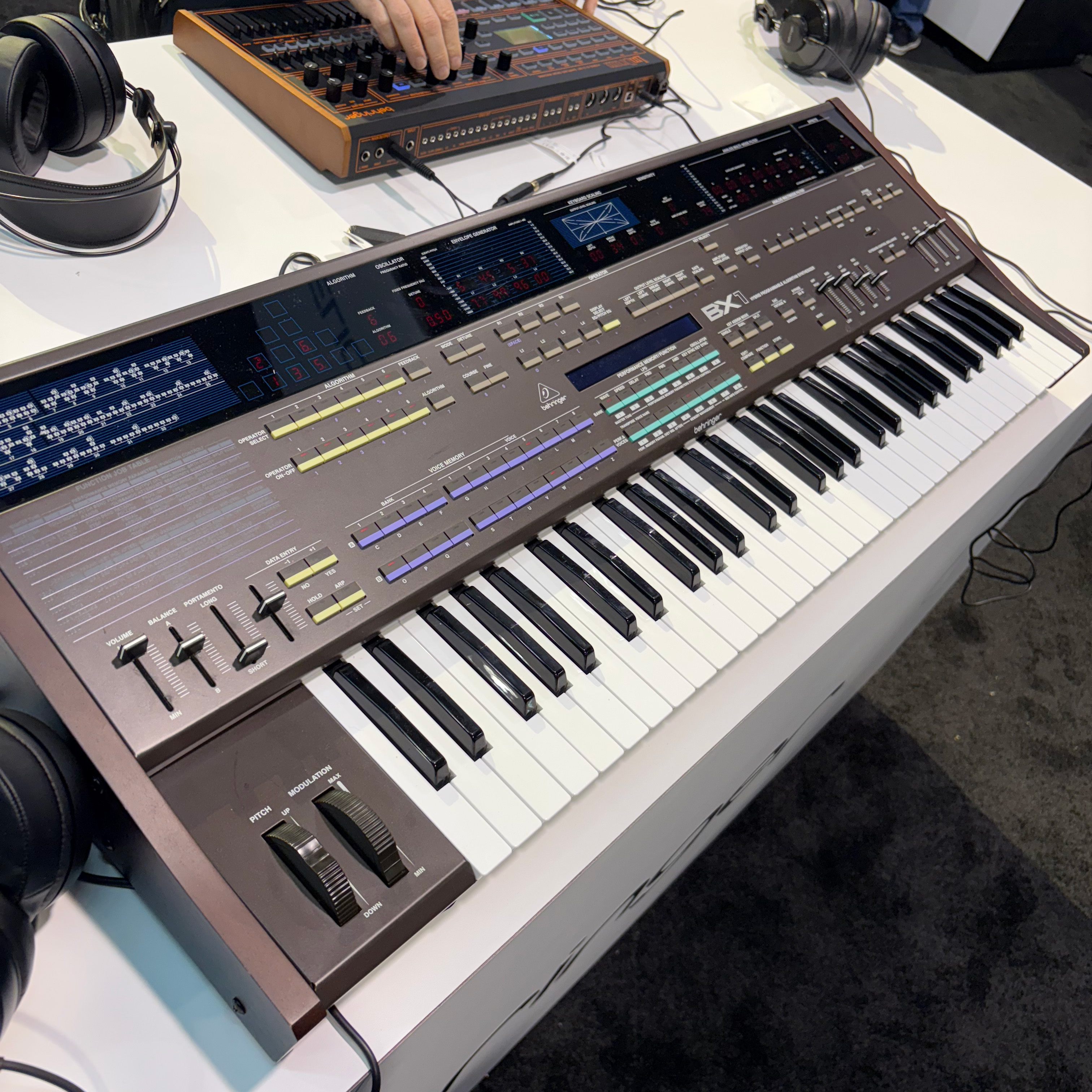
NAMM 2025: We can always trust Behringer to make a big splash with its announcements, and while its return to NAMM 2025 was huge news in itself, it's the company's all-new BX1 synth that's now stealing the headlines. But it's not quite the shock announcement, nor indeed the full-on clone, that you might think.
The BX1 is, on the face of it, a Yamaha DX1 clone with some extra bells and whistles thrown in, but when those extras happen to be multiple Yamaha CS-80-style components and a heap of effects, we're treading into new territory. This is no remake, but one of the most legendary synths ever released being recreated and married to the parts of another. You might even call it a 'new synth' if you were feeling particularly cavalier.
Also, Behringer's inclusion of the BX1 at NAMM is not quite the shock move that it first appears. The synth is appearing alongside the company's Prophet-5 remake, the Pro-16, and it turns out that those synths and others were the target of Behringer's redesign team as far back as 2018. The company announced on its Facebook page then that it had bought a number of pieces of vintage gear from UK popsters Tears For Fears, including a PPG Wave, Prophet-5 and - some reports said at the time - a Yamaha DX1.
With Behringer's Pro-16 (Prophet 5-a-like) and Wave (PPG) already announced, it was probably only a matter of time, then, before this DX1-a-like arrived.
But before we get ahead of ourselves, let's take a look at the original Yamaha DX1 and why it deserves all this re-attention, some 40 years after its release.
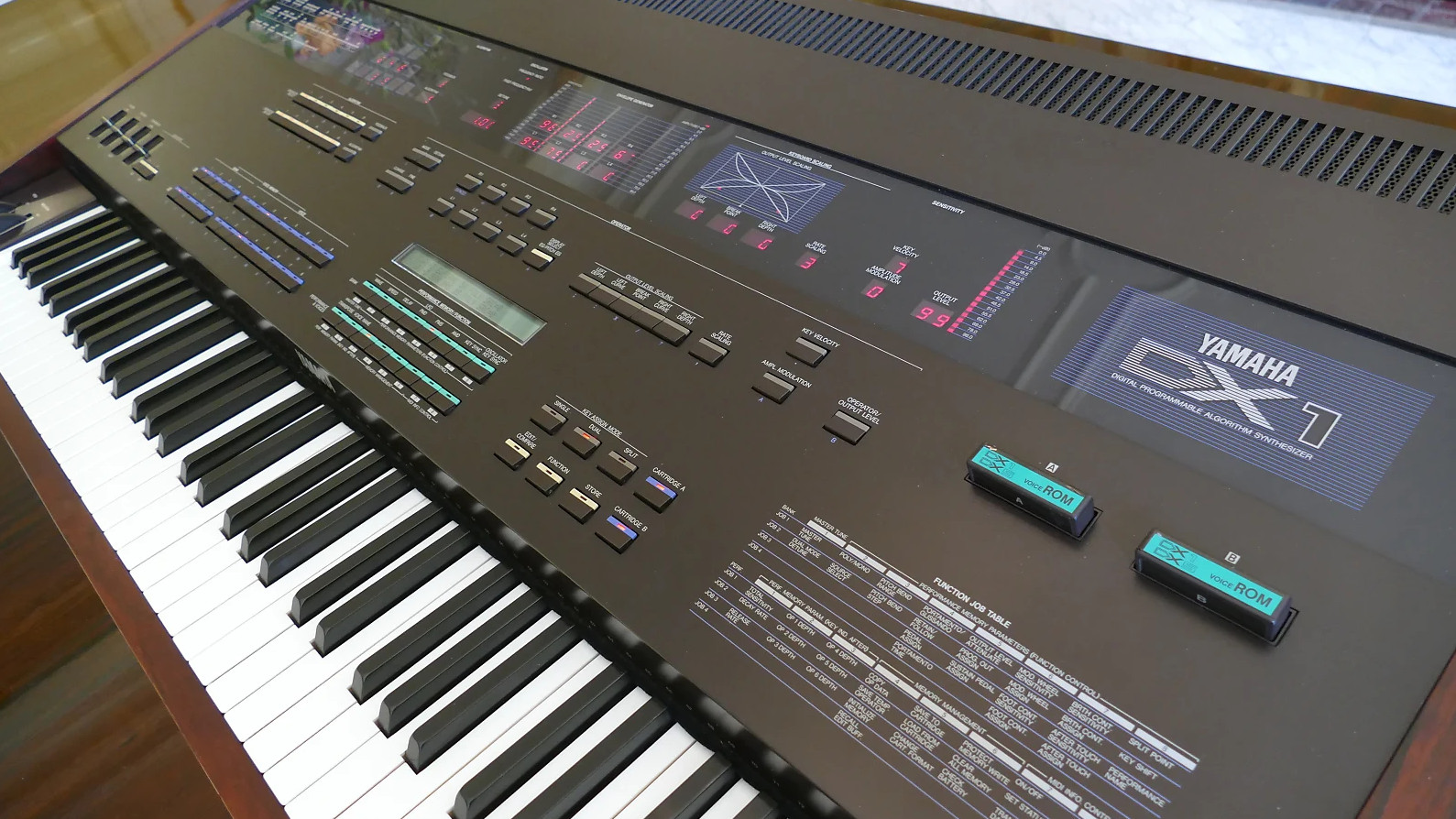
Only around 140 DX1s were ever produced, its then $14,000 asking price obviously limiting the synth’s potential market. The reason it was so expensive was partly down to the fact that it was essentially two Yamaha DX7s in one, along with a better interface to make accessing the synth’s FM synthesis innards that much more intuitive.
While you might think that two DX7s and an easier interface don’t warrant the original DX1's five-figure asking price - and we'd probably agree with you there - the synth understandably gained its legendary status thanks to its rarity, and recent second-hand asking prices have been astronomical. There's one for sale on Reverb, for example, for £53,000 as owned by Dire Straits. (A bargain price as it was £85,000!)
Get the MusicRadar Newsletter
Want all the hottest music and gear news, reviews, deals, features and more, direct to your inbox? Sign up here.
The Behringer BX1 certainly has that DX aesthetic, with the imposing design and feel of the original range, right down to the more welcoming DX1 front panel, with access to CS extras - notably the filters and envelopes - on hand via decent-sized screens. The synth includes a CS filter per voice, 32 notes of polyphony and multiple effects including reverb and chorus - all bonus features over the original.
The BX1 might result in another Behringer 'first', too. Rather than waiting for years for the synth to reach the shops following this prototype release – as we have for so many other Behringer synths in the past – BX1 might well be on sale as soon as next year. The prototype on show at NAMM 2025 appears to be mostly functional with just the effects section awaiting implementation.
As for the price? Well, you’ll have guessed correctly that it’s going to be way less than the original - and certainly a fraction of the ridiculous price that the originals are now commanding - but we’d expect it to come in at just over €/£/€/1000 to put it in line with Behringer’s other flagship synth clones.
Presumably we'll find out a bit more at some point on Behringer's website.
Andy has been writing about music production and technology for 30 years having started out on Music Technology magazine back in 1992. He has edited the magazines Future Music, Keyboard Review, MusicTech and Computer Music, which he helped launch back in 1998. He owns way too many synthesizers.

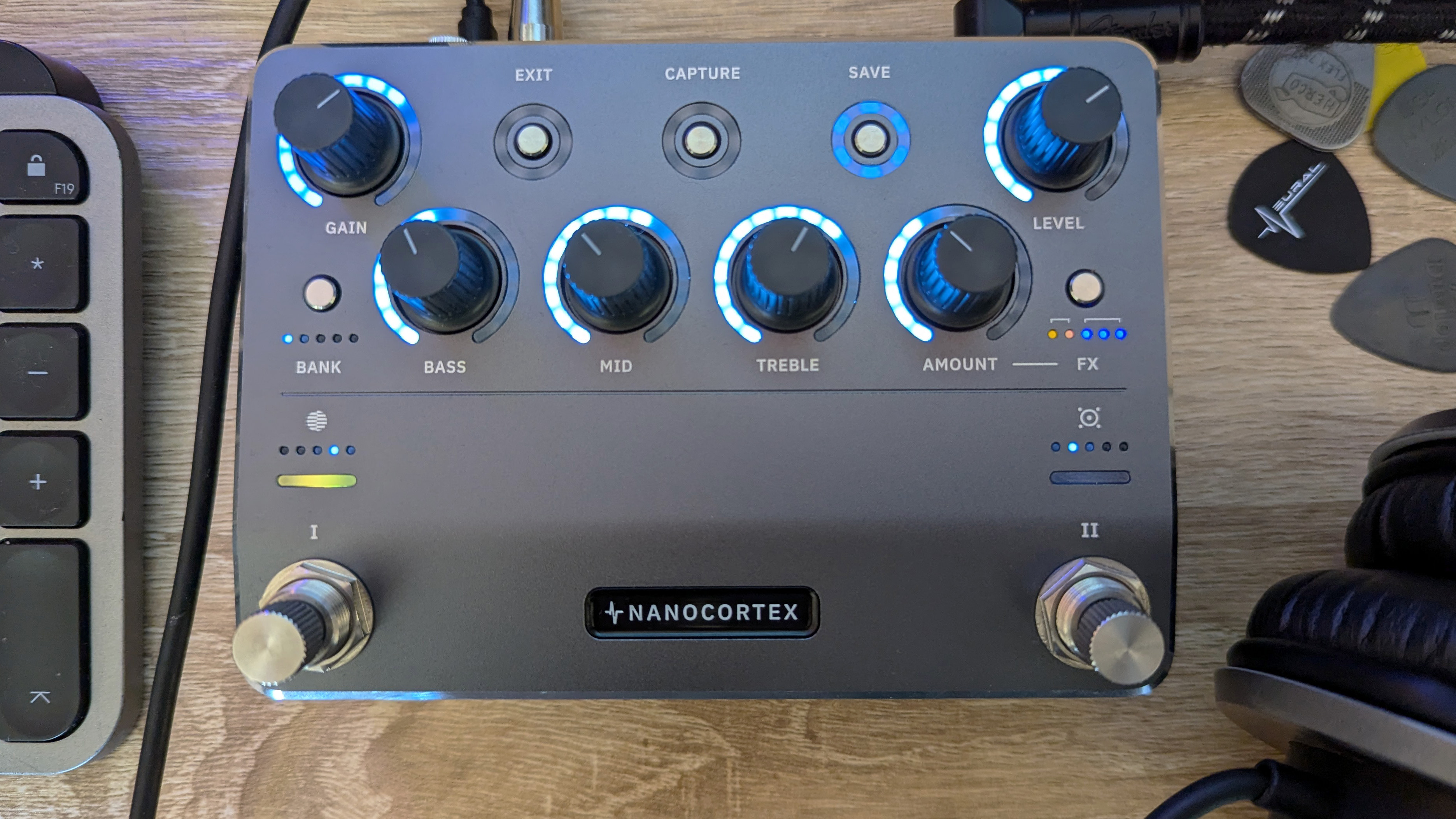
![Gretsch Limited Edition Paisley Penguin [left] and Honey Dipper Resonator: the Penguin dresses the famous singlecut in gold sparkle with a Paisley Pattern graphic, while the 99 per cent aluminium Honey Dipper makes a welcome return to the lineup.](https://cdn.mos.cms.futurecdn.net/BgZycMYFMAgTErT4DdsgbG.jpg)
